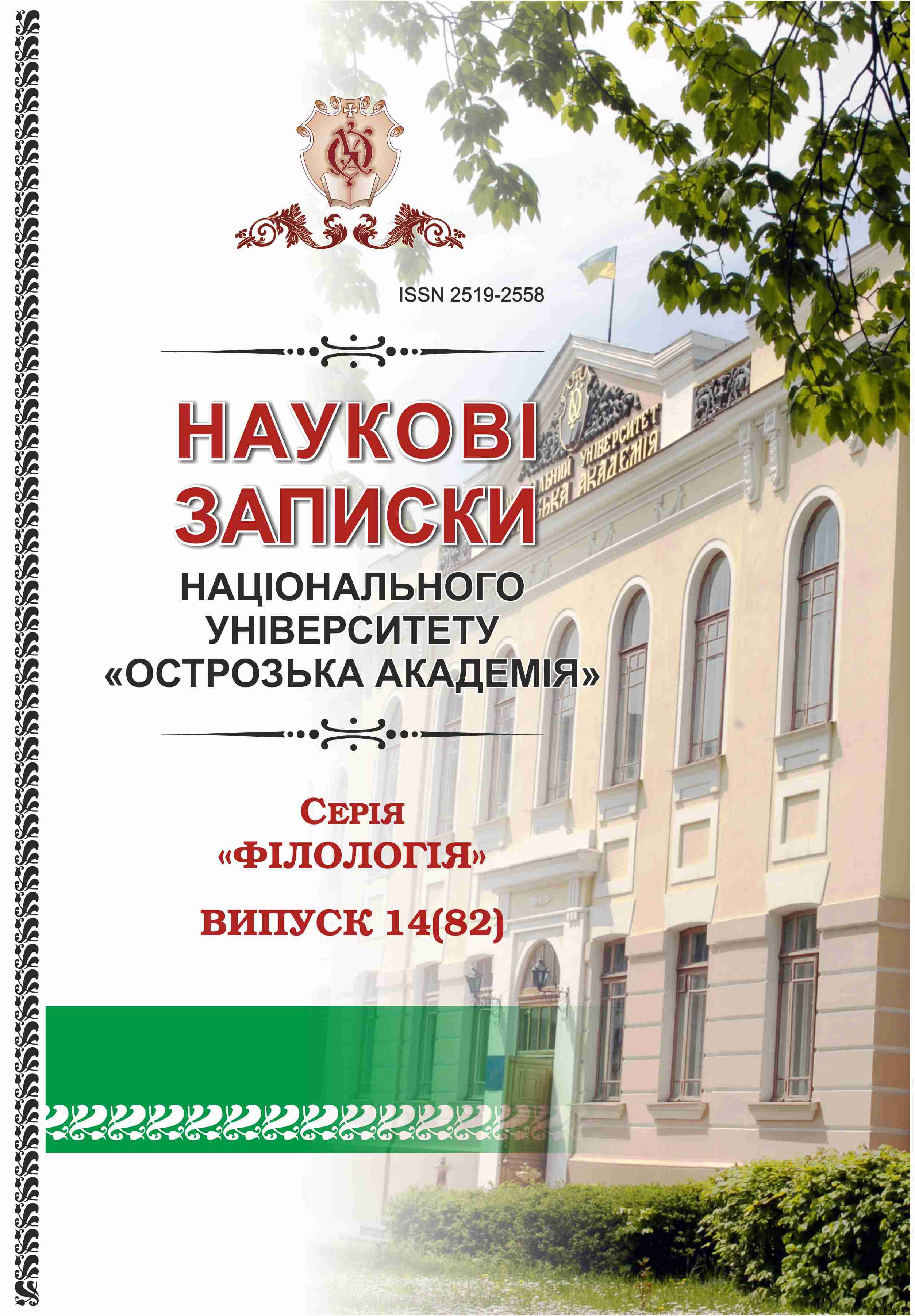MODERN AND TRADITIONAL TEACHING METHODS OF ENGLISH FROM THE PERSPECTIVE OF OWN TEACHER’S EXPERIENCE
Keywords:
the methodology of English, immerse method, communicative approach, project method, task-based method, inquiry-based method, the efficiency of teaching and learningAbstract
Considering the constant changes that take place in the modern world and, consequently, the psychological characteristics of the learning generation, there is a need to analyze and improve methods of teaching English. Analysis of the theoretical basis of the traditional and modern approaches and methods at different stages of language learning and the author’s own experience allows for optimizing knowledge and teaching practice to create the most effective conditions for foreign language learning. The theoretical foundations of methodologists and scientists (S. Thornby, J. Richards and T. Rogers, M. Reno, and J. Will), who studied both “forgotten” and modern methods widely used to teach students today, are analyzed. Therefore, the main attention was paid to the latest methods of teaching a foreign language and their application in our own practice to test their effectiveness. The methodological basis and application of combined methods in classes with students (immersion, project method, task-based method, and inquiry-based method), led to the conclusion that the rational and situational use of appropriate and acceptable methods in English classes requires creative teaching approach. Whereas pedagogy and methodology are sciences and arts simultaneously, the flexibility in choosing the proper methods for specific situations gives the highest efficiency and effectiveness in teaching and learning English and motivates students.

